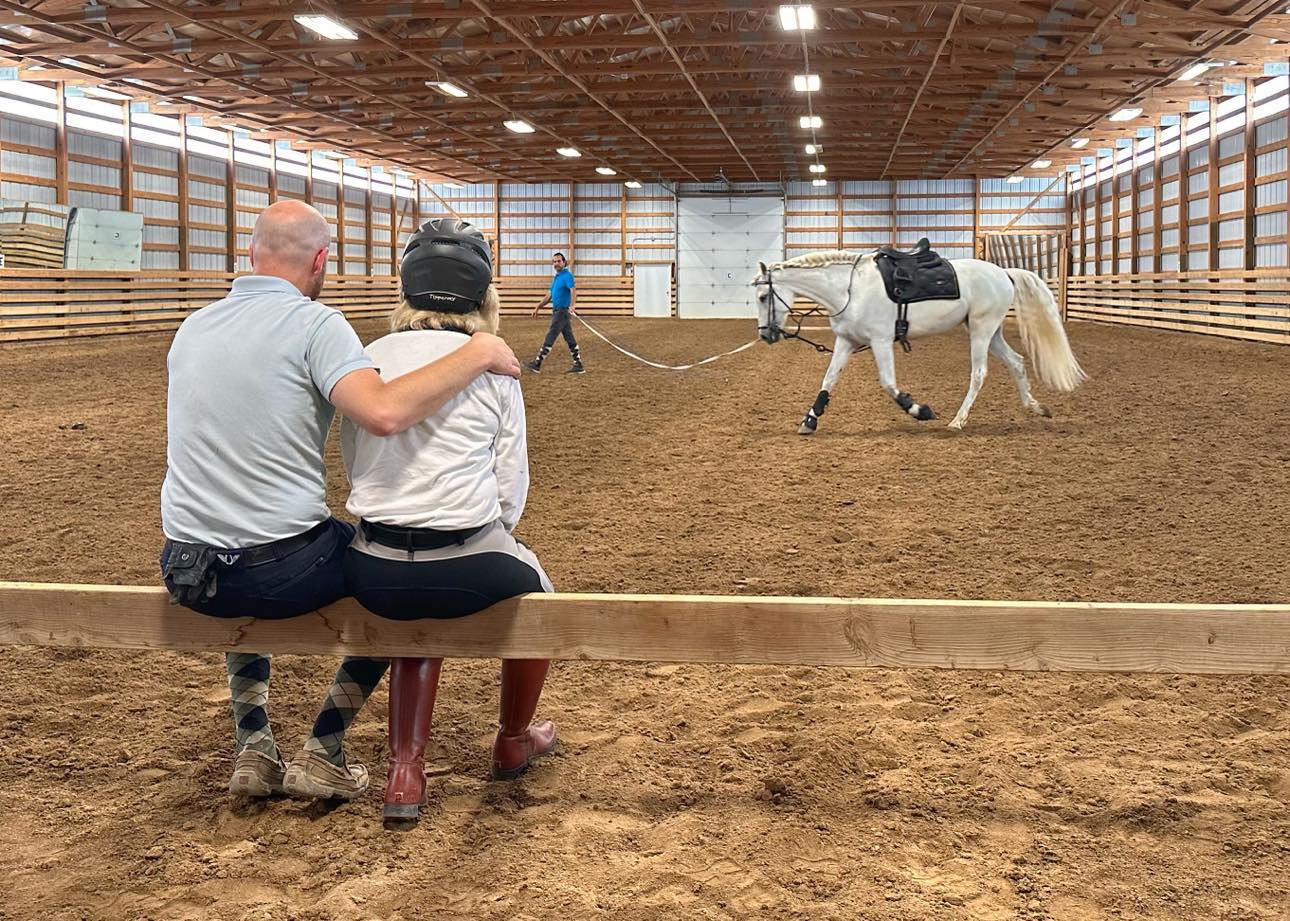Part 1: The Rider’s Journey Why Continued Support is Key to Progress
Riding is a skill that evolves over time, and like any discipline, progress depends on the quality of instruction and support along the way. For the average amateur rider, independent progress without a trainer is not only difficult’it can be counterproductive. Bad habits can develop quickly and become ingrained before a rider even realizes something is going wrong.
Even accomplished riders benefit from eyes on the ground. A trainer offers perspective, technical corrections, and a roadmap for development. Without that, many riders plateau or even regress, especially when working through challenges like fear, body awareness issues, or communication breakdowns with their horse.
For example:
- A rider struggling with balance may not notice they lean slightly to one side, something a trainer can spot and correct quickly.
- Riders who have confidence issues may find themselves backing off or avoiding certain exercises, limiting their growth unless encouraged and guided.
- Miscommunication with the horse often stems from unclear aids or inconsistent timing both of which a trainer can help refine.
Additionally, regular lessons build accountability and consistency. Riders in a program tend to ride more frequently, set goals, and stay focused. It also creates a safe space to ask questions, troubleshoot issues, and celebrate wins big or small.
In short, a rider’s progress isn’t just about saddle time. It’s about quality time, with the right guidance. A committed trainer helps riders unlock their potential, avoid setbacks, and enjoy a more fulfilling partnership with their horse.


